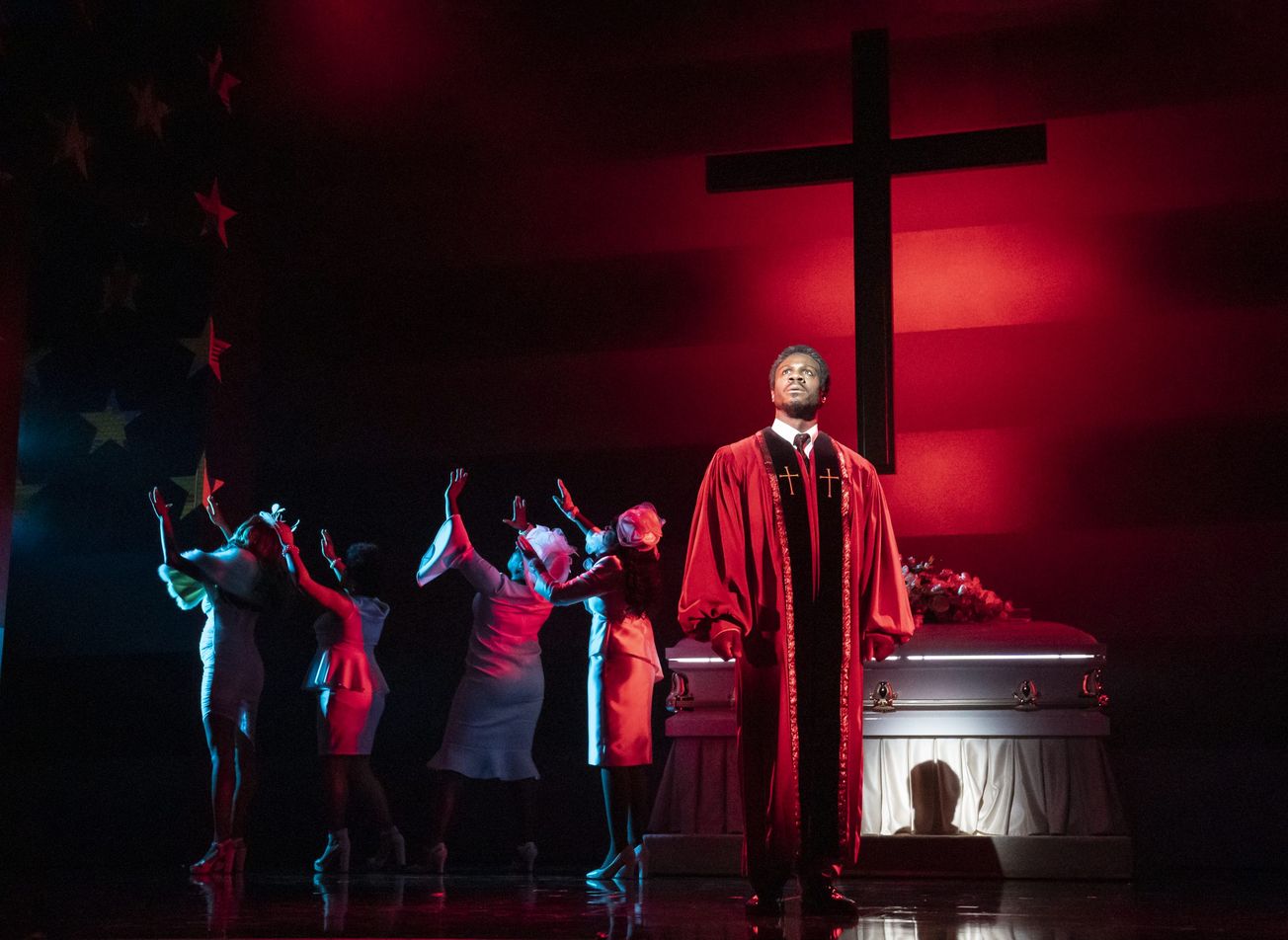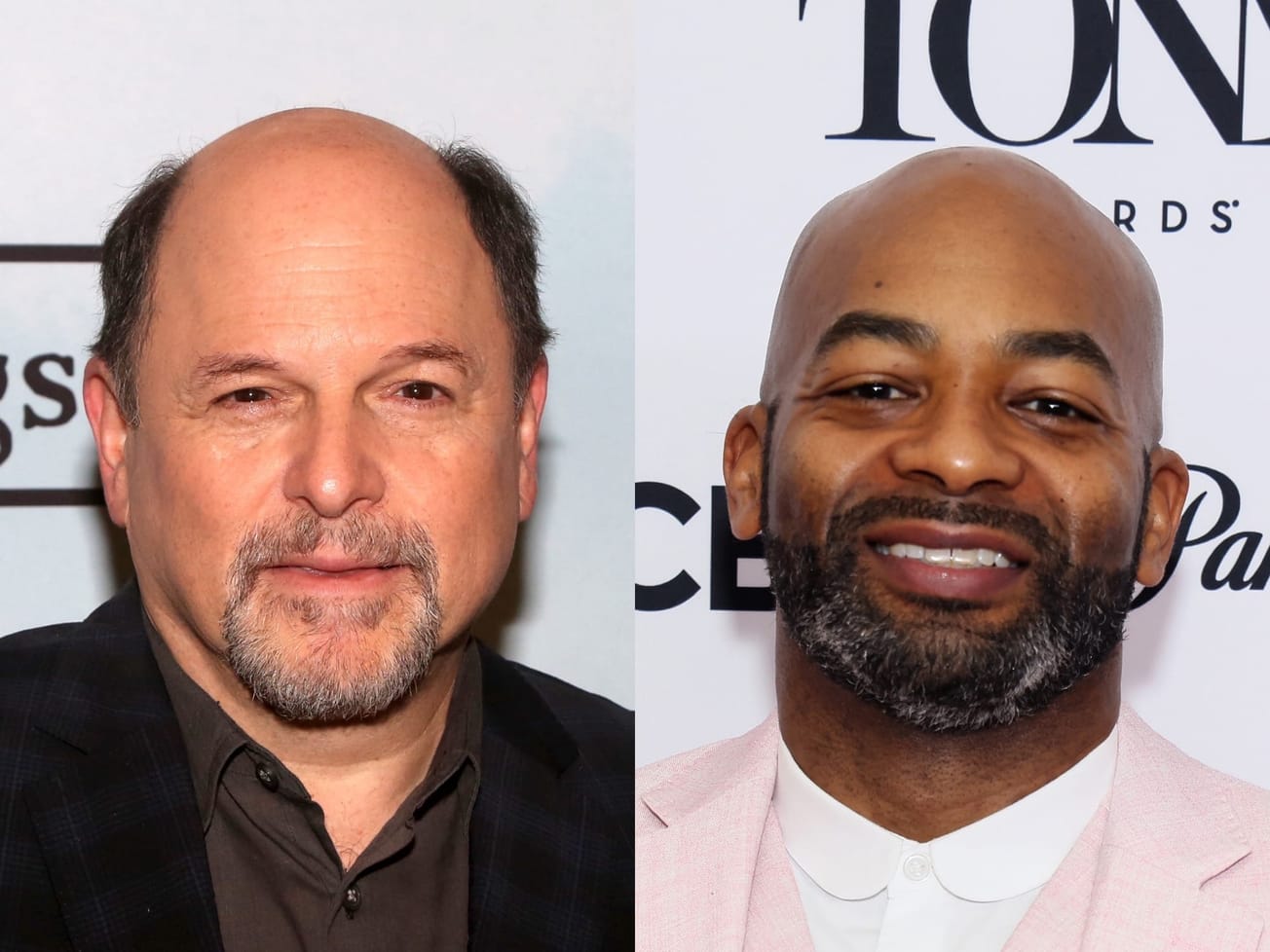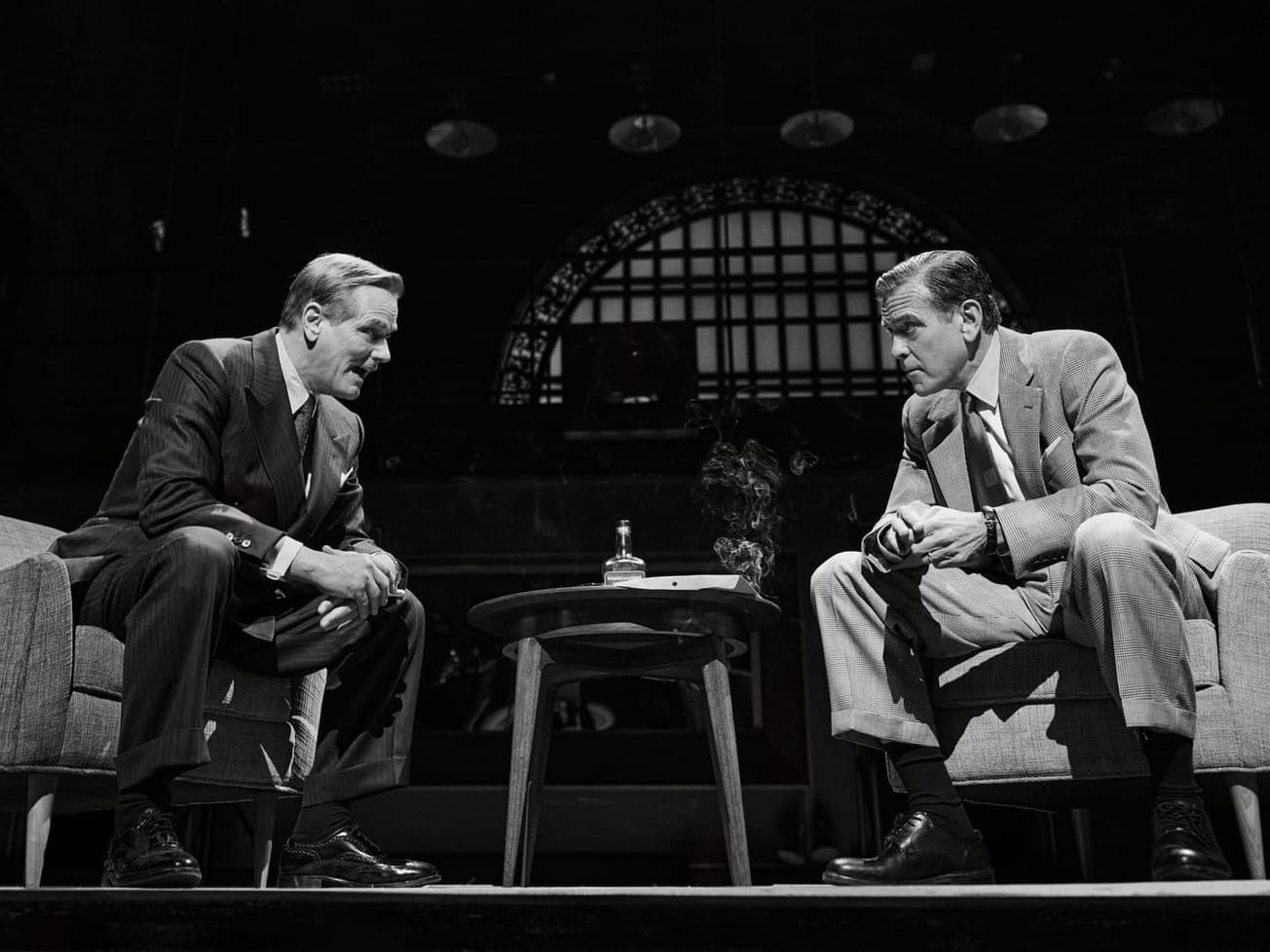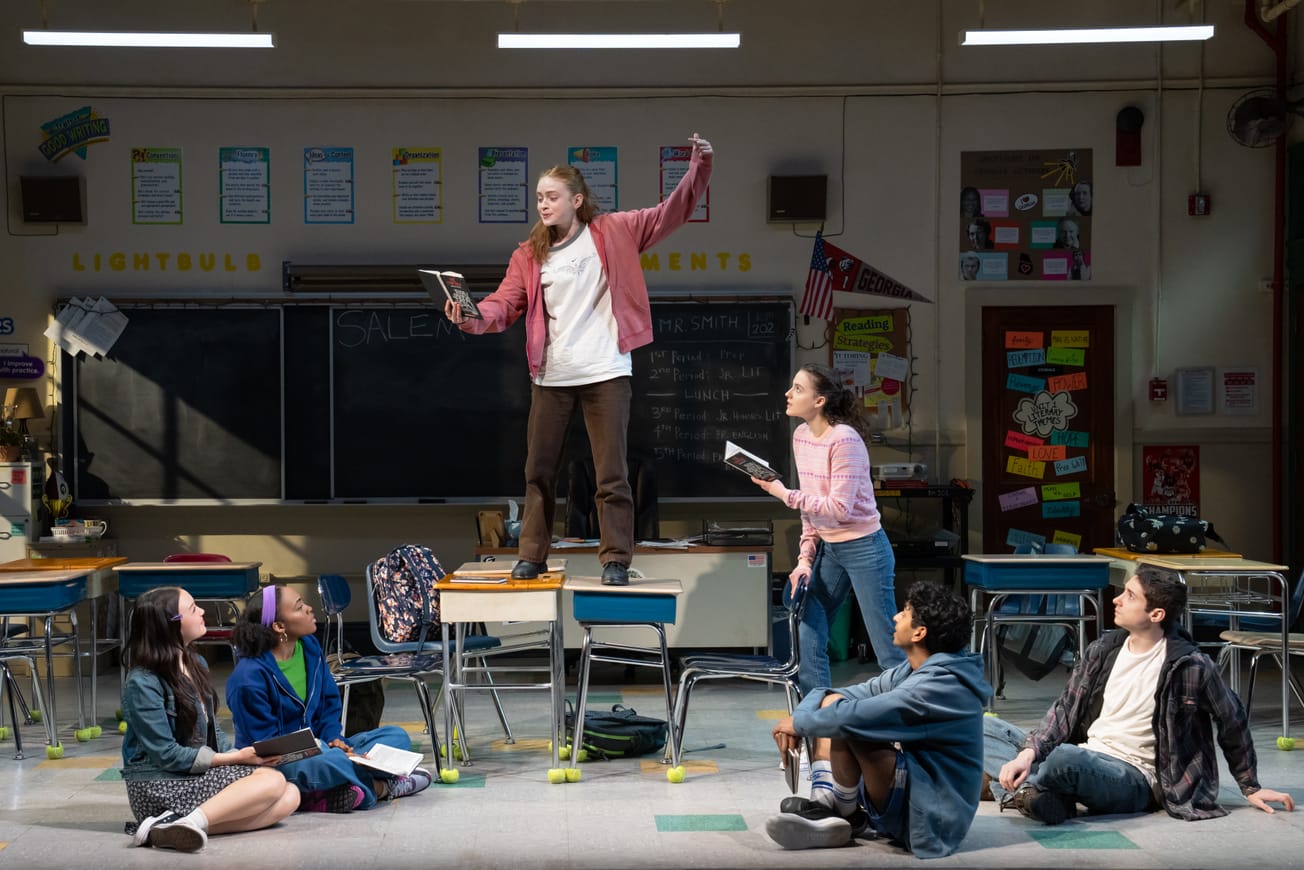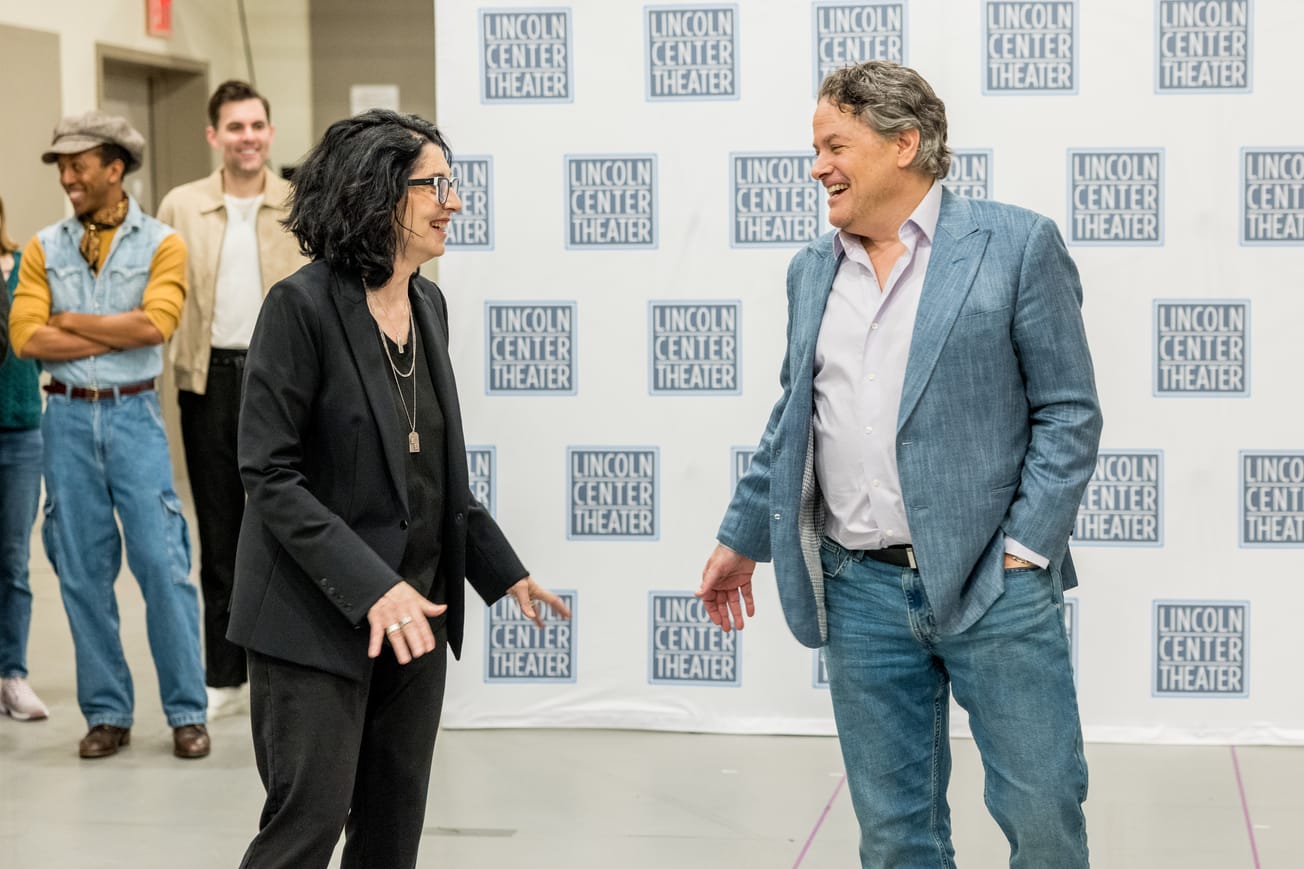My dearest Black sisters, brothers and ”those that don’t give a damn,” I regret to inform you that we have lost our right to complain. “Brother ‘Righttocomplain,’” that is. He rests eternally in a white coffin center stage at Broadway’s Belasco Theatre. It is November 4, 2008, and America has elected a Black president, a fact that laid Brother ‘Righttocomplain’ all the way out. Don’t fear, though; there is hope. Pastor Freeman enters to deliver us a faith-fueled message, assuring that Brother’s martyrdom will usher in a new, post-racial day in America: “As we lay to rest our ‘Righttocomplain’ we shall WAKE UP our new life. In this new life there ain’t no mo strife, no more marches to be led and no more tears to be shed.” And for the remainder of Jordan E. Cooper’s rambunctious masterwork “Ain’t No Mo,” cutting social satire like this abounds.
Words fail to describe a show so spiritual that it takes flight. Breaking out into a praise and worship song might be more fitting; perhaps that’s why the play opens with Brother’s funeral. The company of actors — Marchánt Davis, Fedna Jacquet, Crystal Lucas-Perry, Ebony Marshall-Oliver, Shannon Matesky — drop down to their knees and reach to the heavens with the kind of rapture that calls the Winans, the Clarks, Mary and Mary into the room. The script refers to the play’s ensemble as Passengers 1–5. On one hand, “Passenger” refers to the way actors travel through the vignettes peppering Cooper’s play. (Scott Pask’s nimble set transforms into an abortion clinic, a “Real Baby Mamas of the South-Side” reality television set, a jail cell and more.) On the other hand, the moniker ties into the play’s narrative throughline: a (U.S. government-backed!) trip offered to every Black American to take them back to Africa. Pressure to get on that flight interpolates each scene.


















































